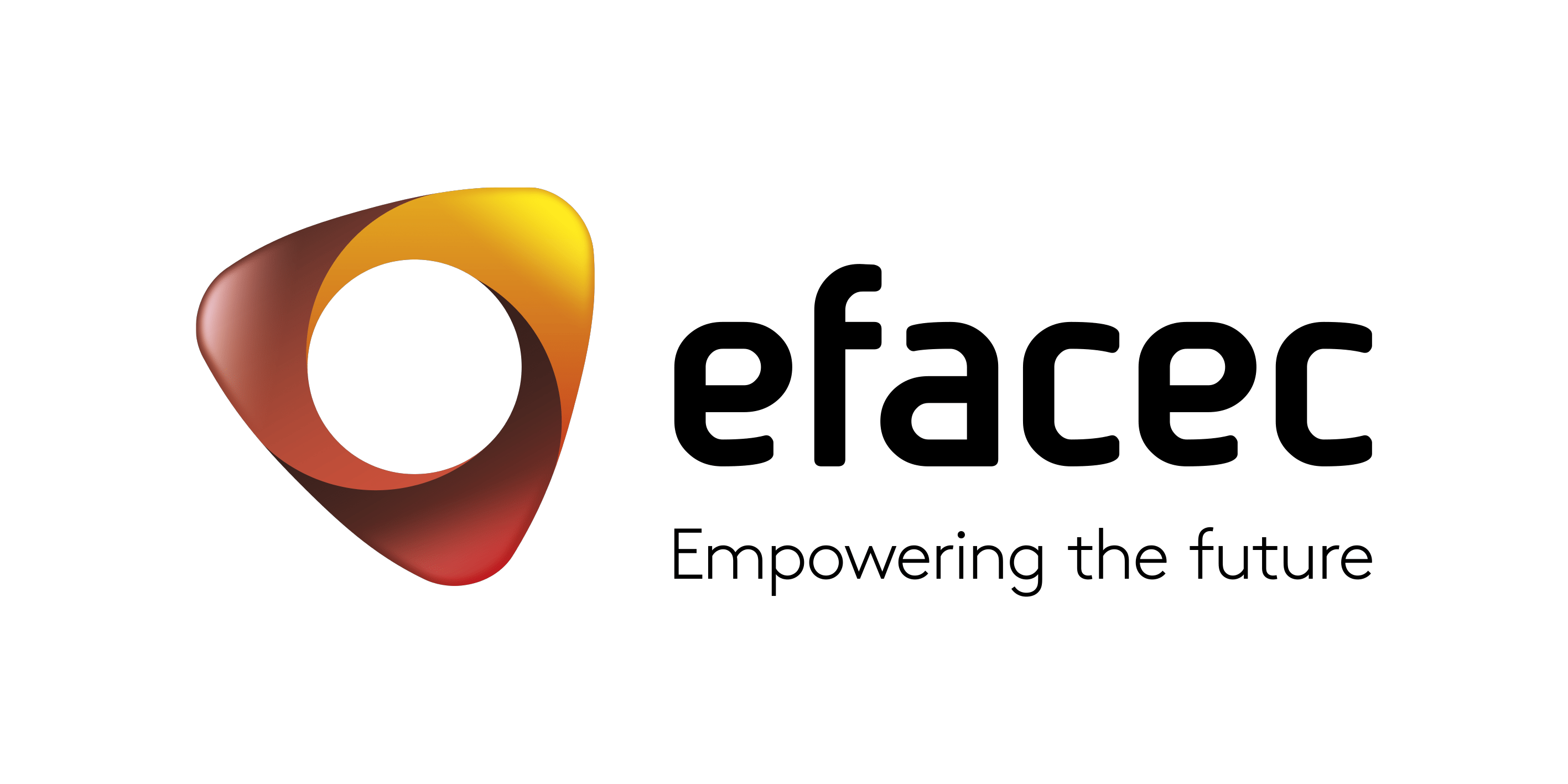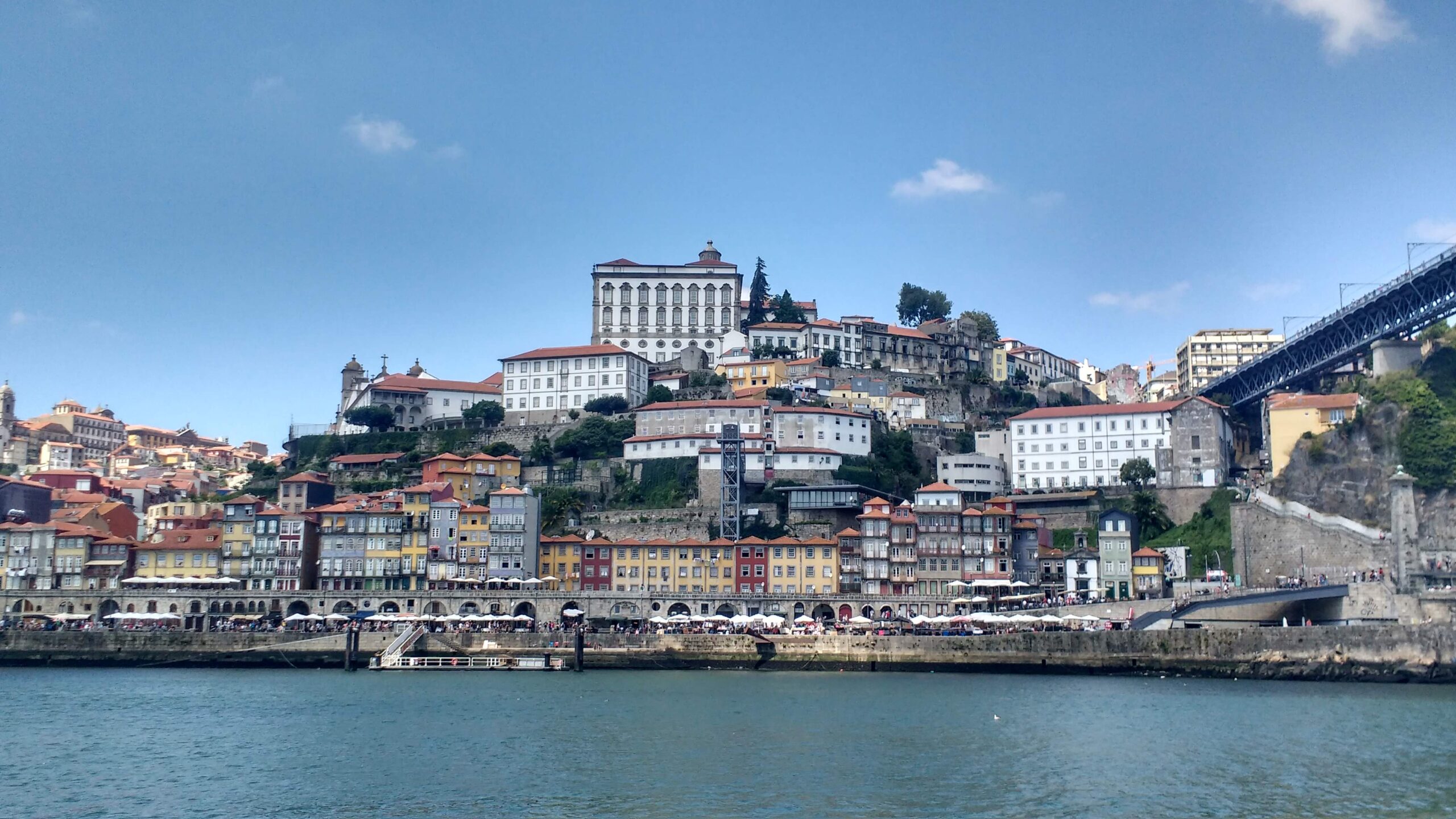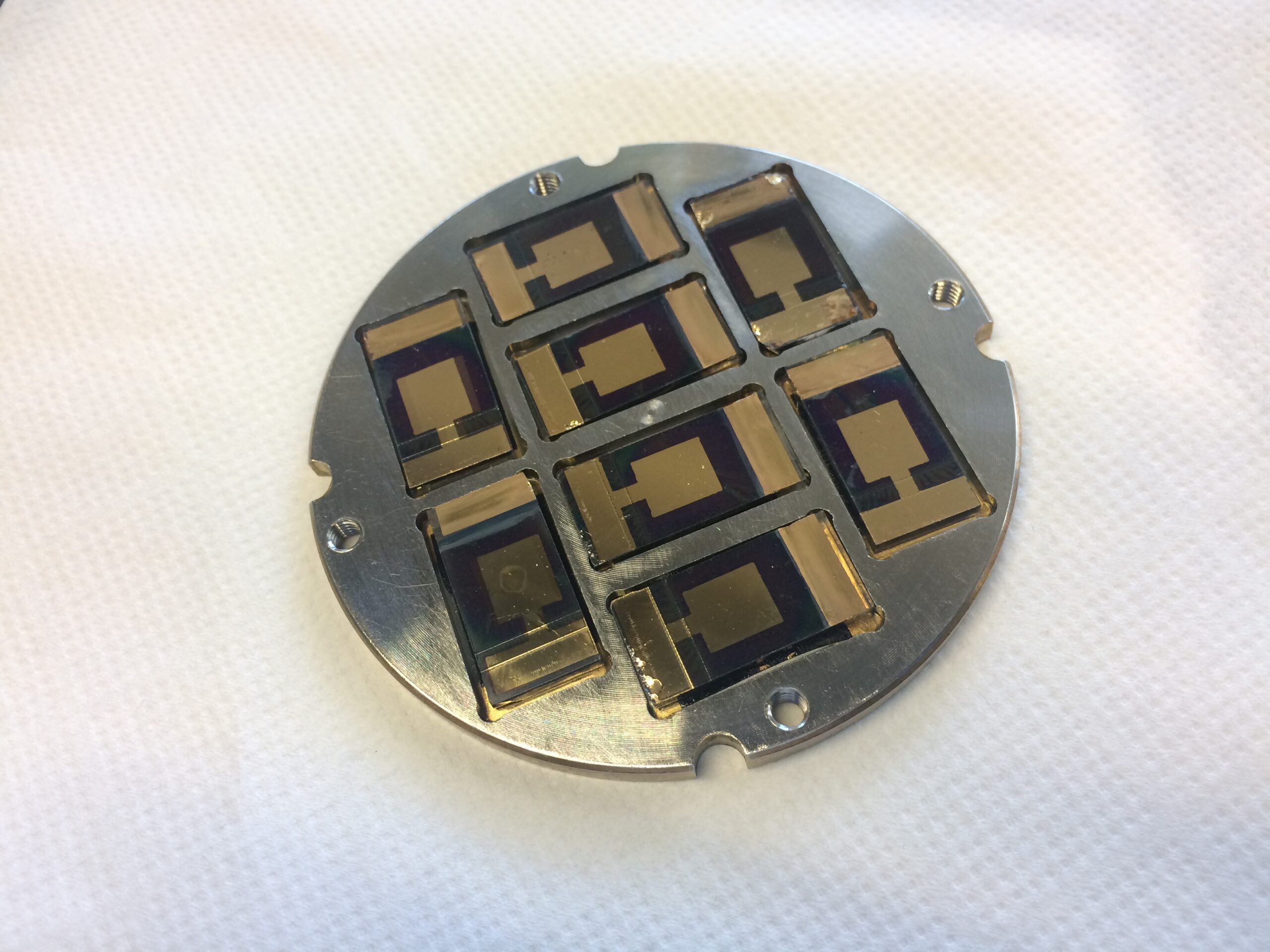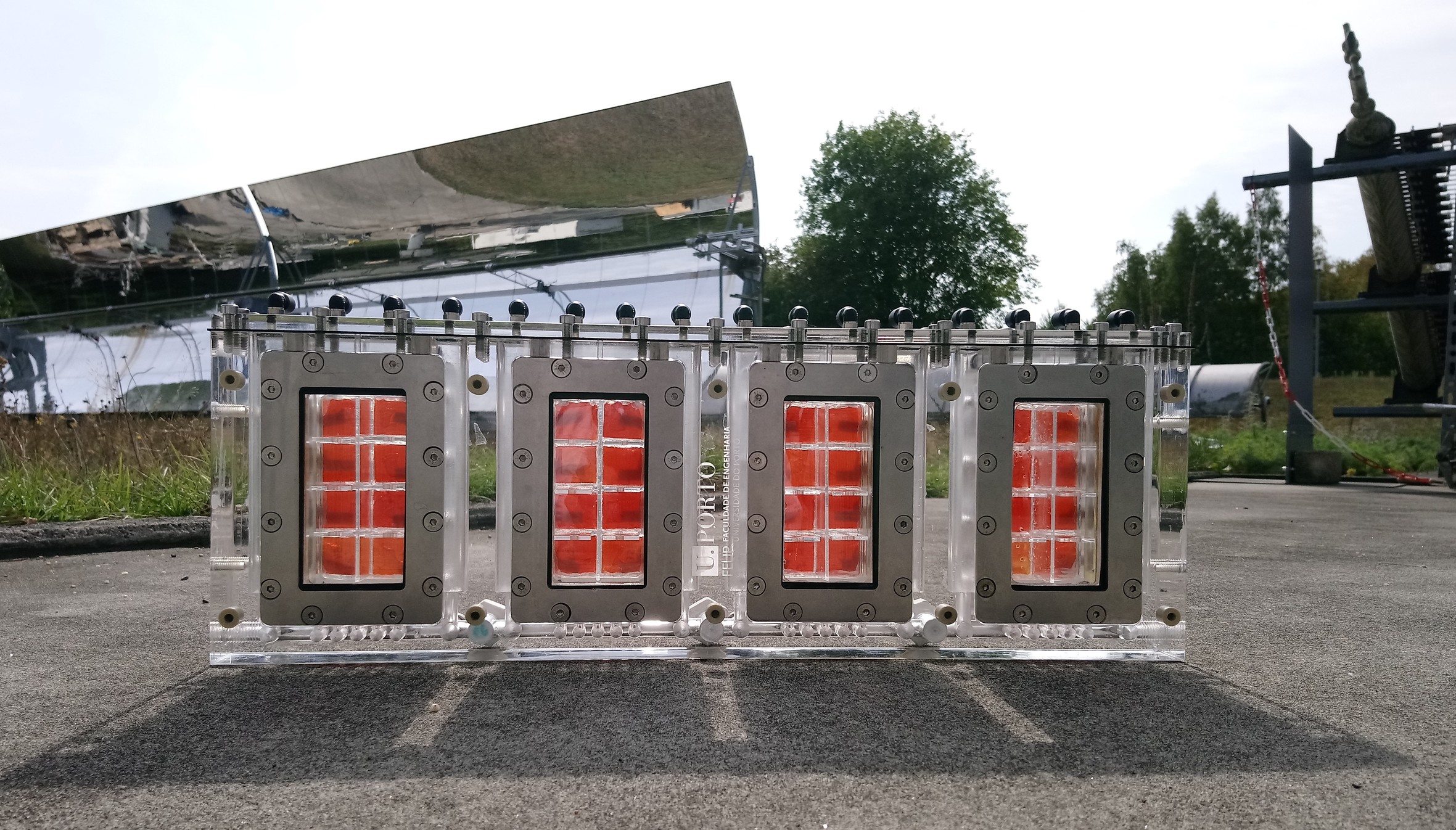
Solar Power Technologies
















And Get Ready for some surprises!
Access All content completely free
Talented and Renowned Speakers

Scope of the Conference
Solar Fuels and Storage Technologies
• Solar energy conversion and storage systems;
• Photoelectrochemical cells for water splitting;
• Photoelectrochemical CO2 reduction;
• Solar redox flow cells;
• Novel photoabsorbers and electrocatalysts;
• Fundamental studies and advanced characterization;
• Devices and system demonstration: sustainability and scalability.
Dye-Sensitized Solar Cells
• DSSCs Fundamentals and current developments;
• Materials for DSSCs, substrates, dyes, co-adsorbents, charge transport layers, electrolytes and additives;
• DSSCs Simulation, modelling, design and testing;
• Flexible, transparent, photochromic, solid, and quasi-solid state devices;
• DSSCs integrated systems;
• DSSCs for low power applications;
• Market targeting developments.
Perovskite Solar Cells
• New materials for high efficient cells;
• Single and multi-junction;
• Pb-free absorber;
• Environmental impact and cost analysis;
• Stability and encapsulation;
• Fundamental studies and advanced characterization;
• Machine learning, modelling and simulation studies;
• Large area, module and industrialization.
Solar Energy Policy
Round-table discussion the latest trends on the sector
Extended! deadline for submission of abstracts: June 4th (23:00 Lisbon time)
Notification of abstract acceptance: June 7th
Deadline for submission of recorded oral presentation/ePoster: June 28th (17:00 Lisbon time)
Early bird registration*: June 28th
*Only attendees registered for oral/poster in early bird will be included for randomly selected conference gift packs
Come Join us on SPTech Virtual Event!
Great Speakers
We’ve invited established and up-and-coming researchers from all over the world to join our virtual conference, and you’ll be a part of the many stimulating discussions of each field.
Networking
Take advantage of this platform to extend your knowledge and build your network to ensure future successful collaborations.


Wider Reach
All the content of the live event will be uploaded to a streaming platform so you can watch or re-watch your favourite talks, you just need to register first!
Learning with fun
Are you tired of the same-old conferences? Join this free online conference and get ready for fun and interactive games in the SPT!
Keynote Speakers
Marina Freitag
Industry Speakers
Maria Laura Parisi
Invited Speakers
Manuel Alvarez-Guerra
Maria Antonietta Loi
Zernike Institute for Advanced Materials, University of Groningen, The Netherlands
Michael Saliba
Institute for Photovoltaics (ipv) University of Stuttgart, and Research Center Jüllich, Germany
Ana Flavia Nogueira
University of Campinas (UNICAMP) and Center for Innovation in New Energies, Brazil
Program
Daily program based on Lisbon timezone
Full program will be available on here
July 5: Solar Fuel and Storage Technologies Symposium
Opening speech by Michael Grätzel from 9h00 to 10h15, followed “Solar Fuel and Storage Technologies” from 10h15 to 18h30
July 6: Dye-Sensitized Solar Cells Symposium
Dye-Sensitized Solar Cells Symposium from 9h00 to 17h30, including poster session
July 7: Perovskite Solar Cells Symposium
Perovskite Solar Cells Symposium from 9h00 to 17h30, including poster session
July 8: Perovskite solar cells/Solar Energy Policy Symposiums
Perovskite Solar Cells Symposium from 9h00 to 12h30, followed by Solar Energy Policy round-table discussion from 13h30 to 16h30





















































